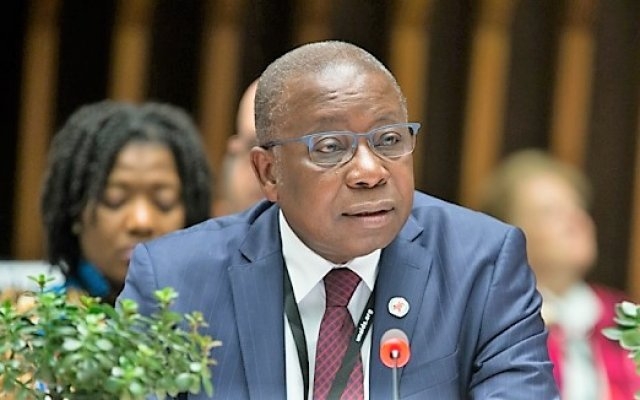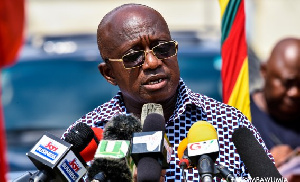Sinohydro projects: Parliament approves $69m tax waiver for equipment

Parliament has passed a $69 million tax waiver on the materials and equipment for the first phase of the $2 billion Sinohydro deal.
The request for the waiver rekindled debate on the question of value for money for the projects with both sides of Parliament taking entrenched positions.
The Information Minister, Kojo Oppong Nkrumah once again insisted that value for money audit existed despite the assertions of Minority MP, Kwame Agbodza.
“That report exists. It exists as at the date we made the announcement that it exists. If he [Kwame Agbodza] wants to request that a copy of it be made available, he knows the proper thing to do,” Mr. Oppong Nkrumah said.
Minority Leader Haruna Idrissu in response said Kwame Agbodza had “every right to debate the report and to share his views.”
“If you have the report lay it. That is what is required. We demand that if you have the value for money report in Sinohydro, lay it,” Mr. Iddrisu stated to the minister.
Mr. Agbodza also contributed to the debate saying the tax waiver was compromised because of the lack of a value for money report.
He argued that the contract “is not fully executed because a condition precedent in this agreement is missing.”
“So as we speak today, I wonder whether this house will be taking a rightful decision by granting a tax waiver on a value of equipment that we are not yet aware because a value for money report will justify whether the figures are justified or not.”
The Minority raised concerns about the absence of a value for money audit and a legal opinion before the Sinohydro deal was approved.
Mr. Agbodza had earlier accused the Vice President, Dr. Mahamudu Bawumia, of preventing technical officers from coming up with a value for money audit on the Sinohydro deal.
The $2 billion Sinohydro Master Project Support was agreed between Ghana and China in 2018 to address major infrastructure challenges in the country.
Under the deal, Sinohydro Group Limited of China will provide the infrastructure of the government’s choice in exchange for Ghana’s refined bauxite.
The first phase of the project, costing $646.6 million, begun with the Tamale Interchange project.
Source: citinewsroom.com





